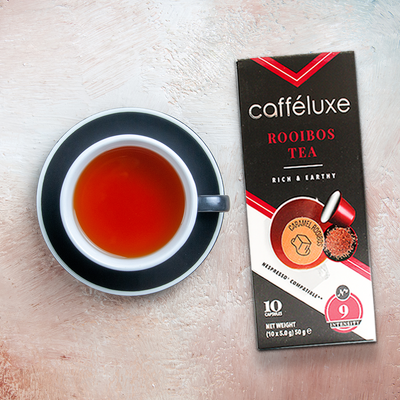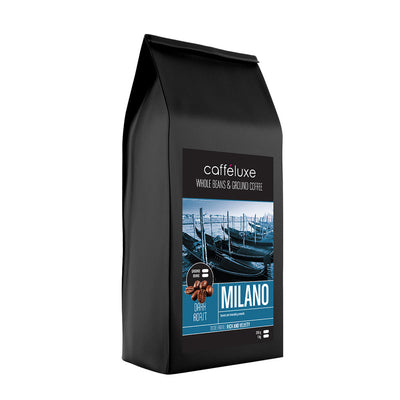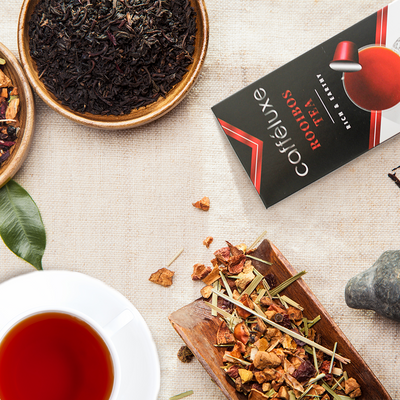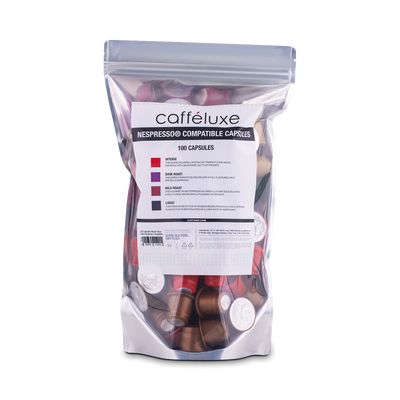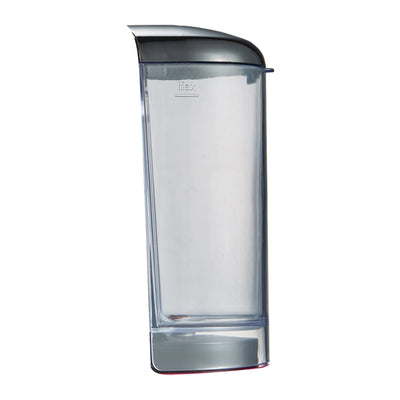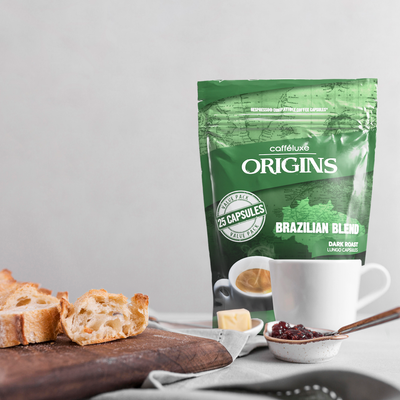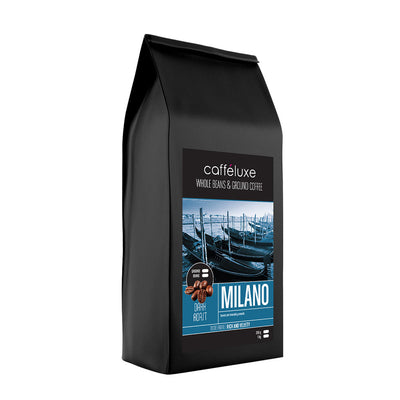Did you know that people throughout history have tried their hand at making coffee a forbidden drink?
Coffee is now so interwoven in our daily lives that most of us cannot even imagine a day without it.
However, this was not the case a few centuries ago.
From superstitious reasons to paranoid rulers, here are 5 people who made historical attempts to ban coffee.
1. The Governor of Mecca in 1511:
The governor of Mecca was paranoid about coffee. He believed that drinking too much coffee stimulated radical thinking . The governor was scared that this thinking would result in the people uniting and turning against him. He also believed that coffee’s effects were similar to those of alcohol.
Legend has it that the event that tipped him over towards banning coffee, was when he saw a group of men drinking coffee in a mosque to stay up for their night-long vigil.
However, the Sultan of Cairo disagreed. Since the Sultan outranked the governor, he had the last word, and overruled the governor’s attempt to ban coffee.
2. Clergymen of Italy in the 16 th Century:
The clergymen in Italy were not too pleased with the introduction of coffee in Europe. They deemed coffee as a satanic beverage (for reasons we will never know) and pushed for a ban on coffee.
This proposal was presented to Pope Clement VIII. He tried the “satanic” drink and was surprisingly impressed with its taste. He found it so delicious , that he jested:
“The drink should be baptized!”.
After the Pope’s approval, there was a surge in coffee houses all across the European continent.
3. Murad IV Ghazi of Constantinople in 1623:
When Ghazi was the ruler of the Ottoman Empire in the 17th century, he liked to walk around his empire in disguise to hear what people would say about him. He often noted that in coffee houses people would bad mouth the ruler.
He noted that people drinking alcohol would sing and be jolly, whereas the coffee drinkers he observed, would express their dissent with the current emperor. As a punishment, he decided to make drinking coffee a capital offence.
Ghazi passed away when he was very young and his successor did not have the same attitude. His successor was much more lenient in his approach towards coffee and quickly lifted the ban put in place by his predecessor.
4. King Gustav of Sweden in 1746:
The king of Sweden thought coffee and tea to be harmful to public health. To reach a “definite conclusion”, he ordered a somewhat scientific experiment. His test persons? Two twins who were sentenced to death.
Instead, the king changed their sentences to life in prison, and ordered one to drink 3 pots of coffee , and the other one to drink 3 pots of tea , every day, for the rest of their lives. The king also assigned each twin a separate physicians to look after their health and study the effects of coffee and tea on their bodies.
Before the experiment was concluded, Gustav III was assassinated in 1792. By then, the two physicians had also passed away, and coffee never got banned. The tea-drinking twin, later passed away at the age of 83 and was long outlived by his coffee-drinking twin.
5. Frederick II of Prussia in 1781:
Frederick II or “Frederick the Great of Prussia" believed that coffee was only meant for royals and noble people , and not the for common peasant, as they didn’t understand how to enjoy it. He was also upset about the amount of money spent by the country on importing the coffee .
So, he tried to get people to replace their coffee habits with beer. He declared to his subjects that “His Majesty was brought up on beer” . This was to put a notion into people's minds about beer's superiority over coffee. Long story short, the royal announcement did not catch on.
As a consequence, Frederick II imposed a ban on the import of coffee.
That didn’t hold for long through. The people of Prussia found coffee as a much better breakfast beverage than beer. So, the ban gave way to a huge wave of coffee smuggling.
The amount of coffee being smuggled was much larger than the amount imported before the ban. In fact, the quantity was so large that Frederick the Great realised he was losing out on too much import tax, so he lifted the ban.
6. BONUS
Throughout the 18th century, women across Europe were rallying and protesting against coffee as they thought it was making all the men impotent. They wanted coffee banned. But it was too late, the continent was already addicted to the bean water .
Could you imagine a world where coffee was actually banned? Impossible.
We would have no dark roasts ,no lattes ,no espressos and would be missing out on so much more.
Today, we can be grateful that none of these bans were successful, while sipping on our favourite cup of coffee .
















